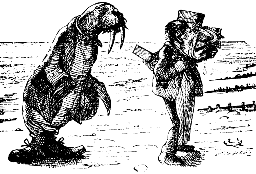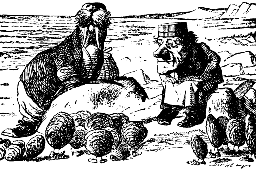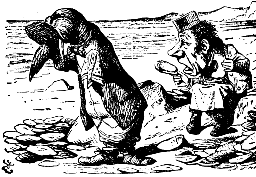A poem should be palpable and mute
As a globed fruit
Dumb
As old medallions to the thumb
Silent as the sleeve-worn stone
Of casement ledges where the moss has grown -
A poem should be wordless
As the flight of birds
A poem should be motionless in time
As the moon climbs
Leaving, as the moon releases
Twig by twig the night-entangled trees,
Leaving, as the moon behind the winter leaves,
Memory by memory the mind -
A poem should be motionless in time
As the moon climbs
A poem should be equal to:
Not true
For all the history of grief
An empty doorway and a maple leaf
For love
The leaning grasses and two lights above the sea -
A poem should not mean
But be
As a globed fruit
Dumb
As old medallions to the thumb
Silent as the sleeve-worn stone
Of casement ledges where the moss has grown -
A poem should be wordless
As the flight of birds
A poem should be motionless in time
As the moon climbs
Leaving, as the moon releases
Twig by twig the night-entangled trees,
Leaving, as the moon behind the winter leaves,
Memory by memory the mind -
A poem should be motionless in time
As the moon climbs
A poem should be equal to:
Not true
For all the history of grief
An empty doorway and a maple leaf
For love
The leaning grasses and two lights above the sea -
A poem should not mean
But be
--Archibald MacLeish
Thanks for joining me on this journey! Until next year.
A poem should be palpable and mute
As a globed fruit,
Dumb
As old medallions to the thumb,
Silent as the sleeve-worn stone
Of casement ledges where the moss has grown—
A poem should be wordless
As the flight of birds.
*
A poem should be motionless in time
As the moon climbs,
Leaving, as the moon releases
Twig by twig the night-entangled trees,
Leaving, as the moon behind the winter leaves,
Memory by memory the mind—
A poem should be motionless in time
As the moon climbs.
*
A poem should be equal to:
Not true.
For all the history of grief
An empty doorway and a maple leaf.
For love
The leaning grasses and two lights above the sea—
A poem should not mean
But be. - See more at: http://www.poets.org/viewmedia.php/prmMID/15222#sthash.v3GK3Rny.dpuf
A poem should be palpable and mute
As a globed fruit,
Dumb
As old medallions to the thumb,
Silent as the sleeve-worn stone
Of casement ledges where the moss has grown—
A poem should be wordless
As the flight of birds.
*
A poem should be motionless in time
As the moon climbs,
Leaving, as the moon releases
Twig by twig the night-entangled trees,
Leaving, as the moon behind the winter leaves,
Memory by memory the mind—
A poem should be motionless in time
As the moon climbs.
*
A poem should be equal to:
Not true.
For all the history of grief
An empty doorway and a maple leaf.
For love
The leaning grasses and two lights above the sea—
A poem should not mean
But be. - See more at: http://www.poets.org/viewmedia.php/prmMID/15222#sthash.v3GK3Rny.dpuf







